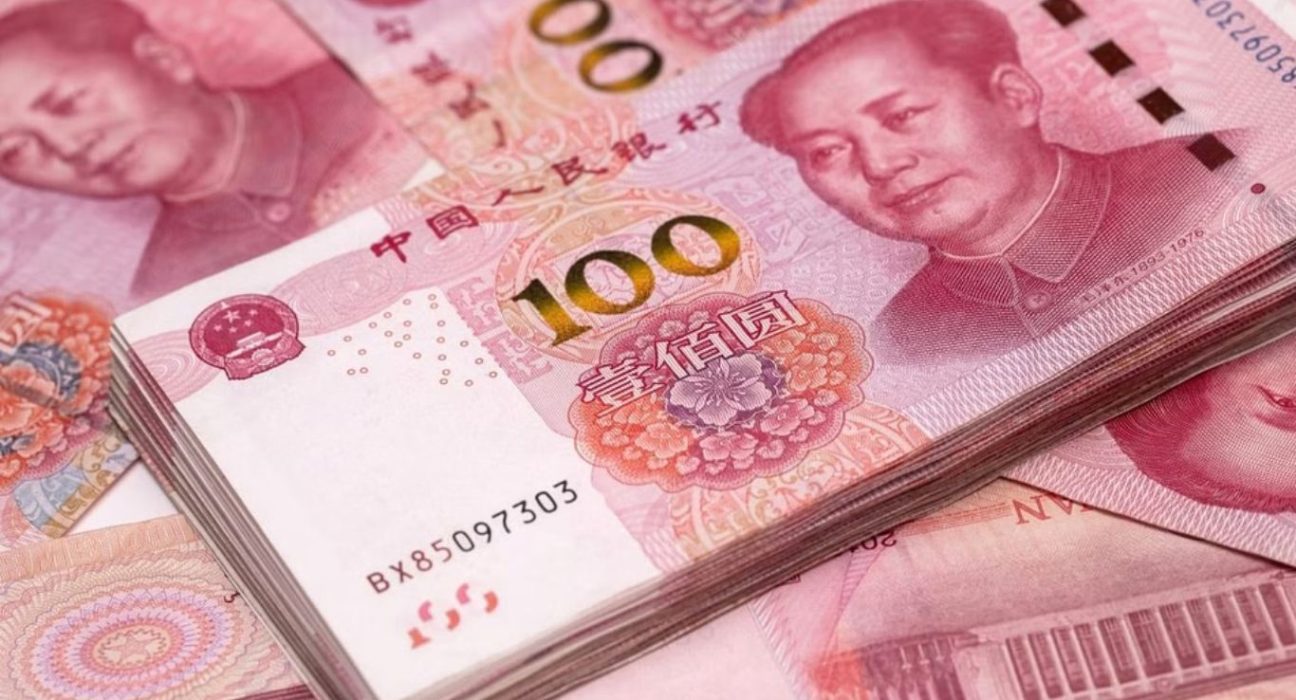Introduction
The scarcity of US dollars in Argentina has reached a point where companies, including Whirlpool Corp., are considering using China’s yuan to pay for imported parts. This shift reflects the diminishing availability of the greenback and highlights Argentina’s precarious financial situation. It also underscores China’s aspirations for the international role of its currency. This article examines the growing trend of businesses in Argentina embracing the yuan and delves into the country’s financial struggles and China’s ambitions.
Argentina’s Dollar Scarcity Spurs Adoption of China’s Yuan
Argentina is experiencing a severe shortage of US dollars, prompting companies across the country to explore alternative currencies for import transactions. Whirlpool Corp., an American appliance giant, is among the companies considering the use of China’s yuan to pay for parts for a new factory. This shift indicates the gravity of Argentina’s financial crisis and highlights the willingness of businesses to seek unconventional solutions in the face of limited access to traditional reserve currencies.
Significance of the Yuan’s Rising Prominence
The growing adoption of China’s yuan by Argentine companies signifies the increasing importance of the currency on the global stage. Traditionally, the yuan has played a peripheral role in international trade, but its rising prominence reflects China’s aspirations for its currency to become a global reserve. By embracing the yuan, businesses in Argentina are not only navigating the dollar shortage but also aligning themselves with China’s ambitions, potentially opening doors to future trade and investment opportunities.
Argentina’s Dire Financial Situation
Argentina’s decision to turn to alternative currencies stems from its dire financial straits. The country has been grappling with a persistent economic crisis, including high inflation rates, a depreciating currency, and mounting debt. The scarcity of US dollars exacerbates these challenges, as businesses struggle to import goods and services, impacting production capabilities and economic growth. The dollar shortage has become a pressing concern, prompting companies to seek innovative solutions to sustain their operations.
China’s Yuan: A Viable Alternative for Imports
As access to US dollars becomes increasingly limited, Argentina’s companies are recognizing the potential benefits of using China’s yuan for import transactions. The yuan’s acceptance as a form of payment provides an alternative avenue to secure vital supplies and maintain business operations. Embracing the yuan not only facilitates trade with Chinese counterparts but also allows businesses to diversify their currency holdings, reducing their dependence on the scarce US dollar.
Implications for Argentina-China Relations
The adoption of China’s yuan by Argentine companies carries implications for the bilateral relationship between the two countries. Argentina’s willingness to rely on the yuan highlights its recognition of China’s economic influence and the potential for mutually beneficial partnerships. China, as a major global player, stands to strengthen its economic ties with Argentina, potentially leveraging this situation to expand its presence in South America and deepen trade relations with other regional partners.
Overcoming Financial Challenges with Innovation
The use of China’s yuan by Argentine businesses showcases the resilience and adaptability of companies navigating challenging economic circumstances. In the face of a dollar shortage and financial instability, these companies are embracing innovative solutions to sustain their operations. This adaptability not only helps businesses survive in difficult times but also positions them to explore new avenues for growth and collaboration in a changing global economic landscape.
Conclusion
Argentina’s dollar shortage has forced companies to seek alternatives, leading to the adoption of China’s yuan for import transactions.










